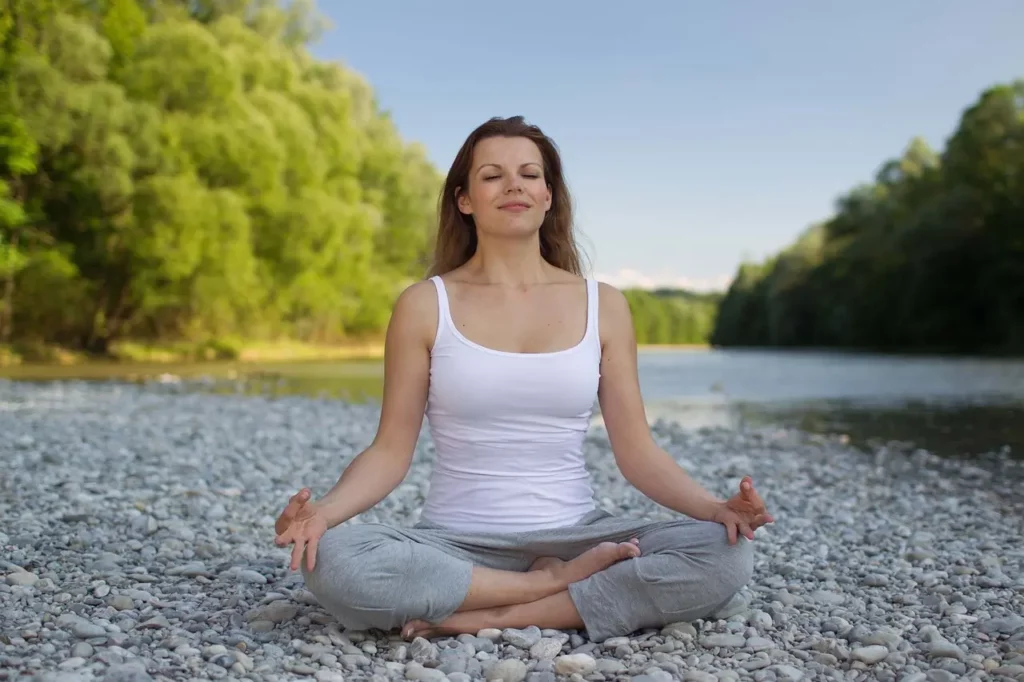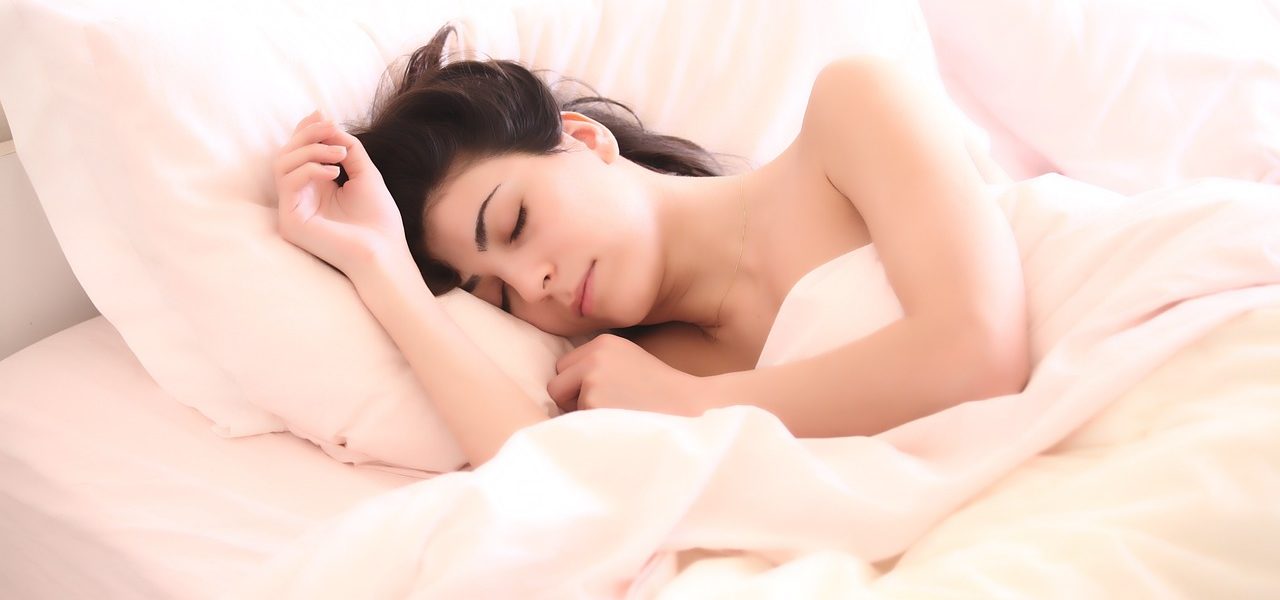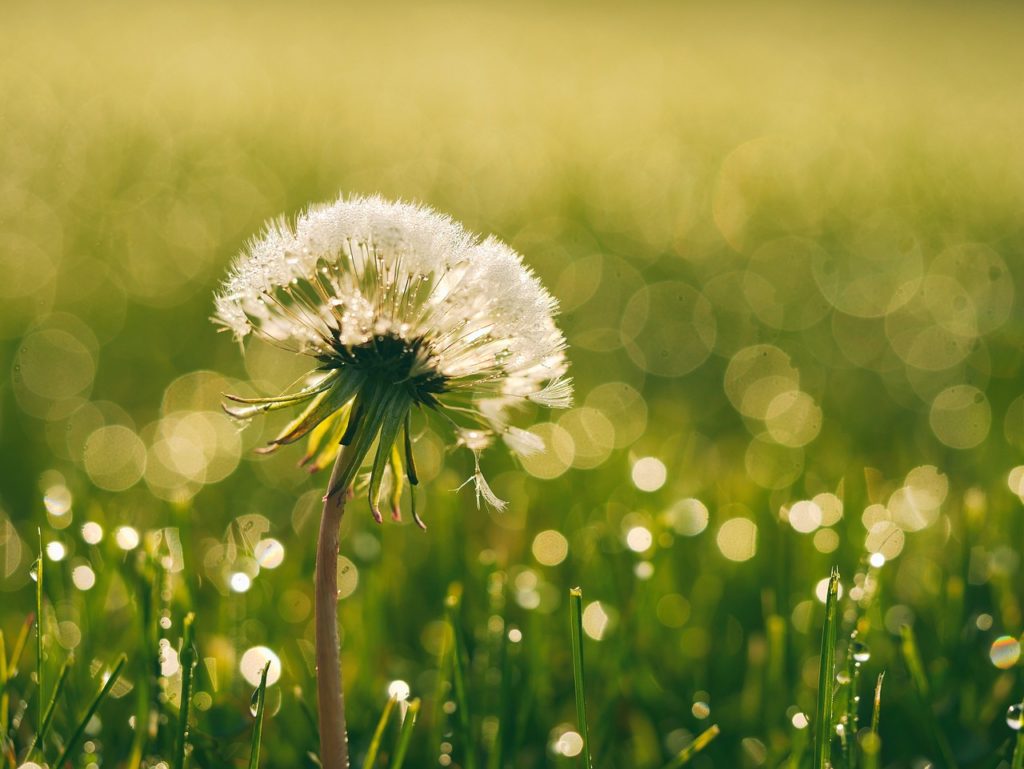Falling asleep easily is a particularly timely topic. In today’s fast-paced world, sleep often takes a backseat to our daily responsibilities, stress, and the constant buzz of technology. However, quality sleep is crucial for our physical and mental well-being. The good news is that there are at least 8 strategies that can help you fall asleep quickly and easily. In this guide, we’ll explore practical tips, relaxation techniques, and lifestyle changes that can help you achieve a restful night’s sleep.
1. Create a Relaxing Sleep Environment
Your bedroom should be a sanctuary for sleep. A conducive sleep environment can significantly affect how quickly and easily you fall asleep. Here’s how to create a relaxing atmosphere:
- Optimize Your Bedroom Temperature: Research suggests that the ideal temperature for sleep is around 60-67°F (15-19°C). A cooler room helps your body lower its internal temperature, which is a natural part of the sleep process.
- Minimize Noise and Light: Use blackout curtains or an eye mask to block out light, and consider earplugs or a white noise machine to drown out disruptive sounds. Darkness helps stimulate the production of melatonin, the hormone responsible for sleep.
- Invest in Comfortable Bedding: Your mattress and pillows play a significant role in sleep quality. Choose bedding that provides support and comfort, tailored to your sleeping position and personal preference.
- Investing in an air freshener for your bedroom can significantly improve the quality of sleep and make falling asleep easier. Clean, fresh air in the bedroom promotes better rest and body regeneration. Good air quality, free from dust, allergens, and pollutants, supports breathing, which is crucial for healthy sleep. An air freshener can also help humidify the air, which is particularly important during the winter months when central heating dries the air. Dry air can irritate the respiratory tract, causing snoring or discomfort. Some air fresheners also have an aromatherapy function, allowing you to add soothing essential oils to the air, such as lavender or eucalyptus, which have proven relaxing and sleep-inducing effects. In summary, investing in an air freshener for your bedroom can not only improve the air quality we breathe while sleeping but also create a pleasant, relaxing environment, ultimately leading to easier falling asleep and better, deeper sleep.
2. Develop a Consistent Sleep Routine
Your body thrives on routine, and maintaining a consistent sleep schedule can regulate your internal clock, making it easier to fall asleep and wake up. Here’s how to build a solid sleep routine:
- Go to Bed and Wake Up at the Same Time Every Day: Even on weekends, try to stick to a consistent schedule. This helps to regulate your circadian rhythm and can improve overall sleep quality.
- Create a Bedtime Ritual: Engage in relaxing activities before bed, such as reading a book, taking a warm bath, or practicing deep breathing exercises. These activities can signal your body that it’s time to wind down.
- Avoid Naps Late in the Day: While napping can be beneficial, long or late naps can interfere with your nighttime sleep. If you need to nap, keep it under 30 minutes and avoid napping after 3 PM.

3. Practice Mindfulness and Relaxation Techniques
Stress and anxiety are common culprits behind sleepless nights. Mindfulness and relaxation techniques can help calm the mind and prepare it for sleep. Here are some effective methods:
- Progressive Muscle Relaxation (PMR): This technique involves tensing and relaxing each muscle group in your body, starting from your toes and moving up to your head. It helps reduce physical tension and promotes a sense of calm.
- Deep Breathing Exercises: Techniques like the 4-7-8 breathing method can help you relax and fall asleep faster. Inhale for 4 seconds, hold your breath for 7 seconds, and exhale slowly for 8 seconds. Repeat this cycle until you feel more relaxed.
- Guided Imagery and Visualization: Picture a serene and peaceful place in your mind, such as a beach or a forest. Focus on the details of the environment—the sound of the waves, the smell of the trees—until you feel more relaxed and ready to drift off to sleep.
4. Limit Exposure to Blue Light Before Bed
Exposure to screens from phones, tablets, and computers before bed can disrupt your body’s natural sleep-wake cycle. Blue light emitted from these devices interferes with the production of melatonin. Here’s how to minimize blue light exposure:
- Use Blue Light Filters: Many devices have a built-in blue light filter or “night mode” that reduces blue light emission.
- Avoid Screens 1-2 Hours Before Bed: Instead of scrolling through your phone, consider reading a physical book, journaling, or listening to calming music or a podcast.
- Invest in Blue Light Blocking Glasses: If you must use electronic devices at night, blue light blocking glasses can help reduce the impact on your sleep.

5. Watch What You Eat and Drink
What you consume in the evening can significantly affect your sleep quality. Here are some tips for managing food and drink before bed:
- Avoid Caffeine and Nicotine: Both are stimulants and can disrupt your sleep. Try to avoid them at least 4-6 hours before bedtime.
- Be Mindful of Heavy Meals and Sugary Foods: Eating a heavy or spicy meal can cause discomfort and indigestion, making it harder to fall asleep. Opt for a light snack, such as a banana or a small handful of nuts, if you need something before bed.
- Limit Alcohol Consumption: While alcohol may initially make you feel sleepy, it can interfere with your sleep cycle and reduce the quality of your sleep.
6. Incorporate Physical Activity into Your Day
Falling asleep easily is a particularly timely topic. Regular physical activity is one of the most effective ways to improve sleep quality. Exercise helps to reduce anxiety and stress, improve mood, and regulate your sleep patterns. However, timing is key:
- Exercise Earlier in the Day: Engaging in intense exercise too close to bedtime can have the opposite effect by increasing energy levels and body temperature. Aim to finish any vigorous exercise at least 3 hours before bedtime.
- Include Relaxing Activities: Gentle yoga, stretching, or a leisurely walk in the evening can promote relaxation and prepare your body for sleep.

7. Try Natural Sleep Aids and Supplements
Several natural remedies and supplements are believed to aid sleep. Before trying any supplement, consult with a healthcare professional to ensure it’s safe and suitable for you:
- Melatonin: A popular supplement that helps regulate sleep-wake cycles, especially useful for those with irregular sleep patterns or jet lag.
- Herbal Teas: Chamomile, valerian root, and lavender teas are known for their calming effects and can be a soothing part of a bedtime routine.
- Magnesium: This mineral supports relaxation by helping to regulate neurotransmitters involved in sleep.
8. Address Underlying Sleep Disorders
If you’ve tried these methods and still struggle with falling asleep, it may be worth exploring potential underlying sleep disorders such as insomnia, sleep apnea, or restless leg syndrome. Consult a healthcare professional for a proper diagnosis and treatment plan.
Conclusion
Falling asleep easily and quickly often requires a combination of good sleep hygiene practices, relaxation techniques, and lifestyle adjustments. By creating a relaxing sleep environment, establishing a consistent routine, managing stress, and making mindful choices about food, drink, and technology use, you can significantly improve your ability to fall asleep and enjoy a restful night. Remember, sleep is an essential pillar of health—prioritize it, and your body and mind will thank you.














